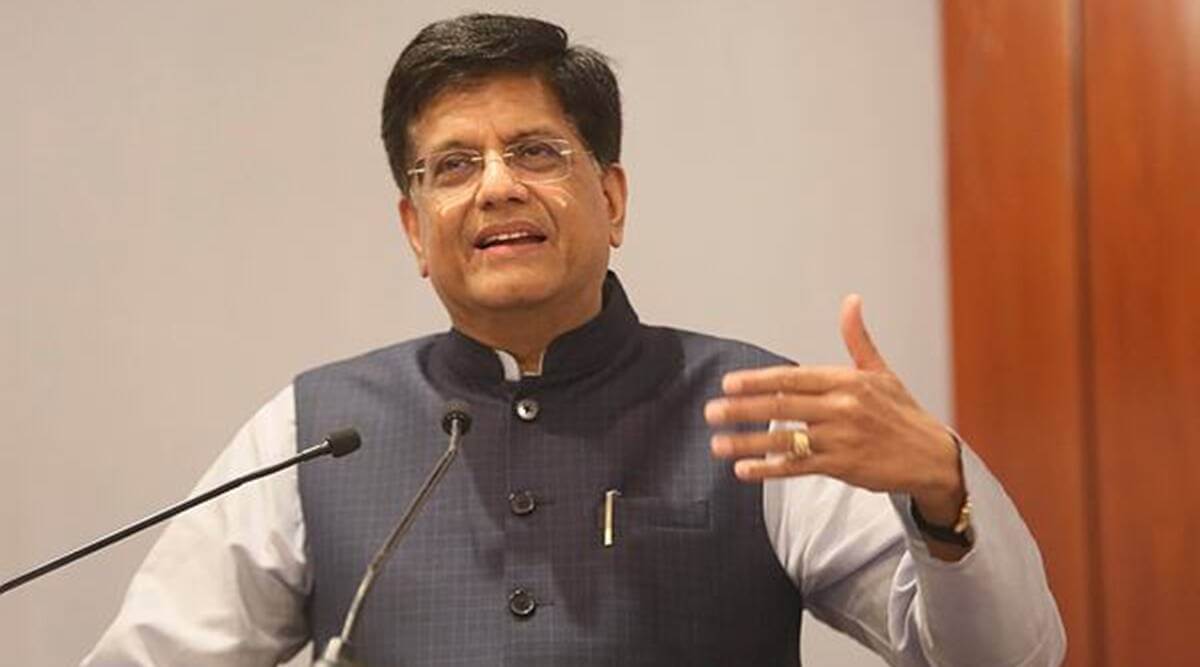On Saturday, the 14 nations of the Indo-Pacific Economic Framework for Prosperity (IPEF) concluded negotiations on an International Supply Chain Agreement at an IPEF Ministerial meeting in Detroit, Michigan. Katherine Tai, US trade representative, and Gina Raimondo, US Secretary of Commerce co-hosted the meeting.
IPEF members include Australia, Brunei Darussalam, Fiji, India, Indonesia, Japan, South Korea, Malaysia, New Zealand, Philippines, Singapore, Thailand, the US, and Vietnam.
The partners agreed to increase productivity, resilience, efficiency, and diversification using collaborative and individual actions of partners in the just concluded negotiations on the proposed IPEF supply chain agreement.
The main aims of the IPEF agreement are:
- To develop a collective understanding of supply chain risk
- Crisis coordination and collective response to supply chain disruptions
- To support businesses and workers in increasing their benefits
- To overcome supply chain bottlenecks
- To increase investments and regulatory transparency in the partner countries
- To improve labour rights in the supply chain industry
- To increase the base of skilled workers in the Indo-Pacific region
- To organise technical assistance and capacity building workshops and eighth, to protect and promote market principles and fair practices.
Moreover, the breakthrough agreement proposes to establish three institutions to promote cooperation in the domain of the supply chain among the partner states:
- The IPEF Supply Chain Council: to draft sector-specific action plans
- The IPEF Supply Chain Crisis Response Network: to set up an emergency communication channel for the partner states.
- The IPEF Supply Chain Labour Rights Advisory Board: comprising representatives of employers and labourers to promote labour rights in partner countries.
The member states have reaffirmed their commitment to operationalise the proposed IPEF supply chain agreement as soon as practicable, reports the press note. The statement added that the final text would be approved after domestic consultations and legal review in all the member countries.
Japanese State Minister for Foreign Affairs Yamada Kenji informed that Japan and Singapore would soon initiate supply chain training programs to facilitate speedy implementation of the agreed objectives.
The meeting also conducted discussions on the other two pillars of IPEF, namely clean economy and fair economy. The partners agreed to establish a Regional Hydrogen Hub to promote “renewable and low-carbon hydrogen derivatives” usage in the region.
Indian Commerce Minister Piyush Goel said India had appreciated the progress made in the meeting.
In the economic sphere, the nations agreed to implement and accelerate anti-corruption measures and tax initiatives to improve trade, commerce, and investments in the region. In this regard, Goyal pointed out that India is moving towards corruption-free administration under the leadership of the PM Narendra Modi.
The IPEF initiative was launched in Tokyo, Japan, last year to promote a clean economy, a fair economy, and supply chain resilience in the Indo-Pacific region.
These nations have conducted four rounds of in-person negotiations and several virtual sessions and bilateral talks over a year to arrive at a breakthrough supply chain deal, the first of its kind in the world.

